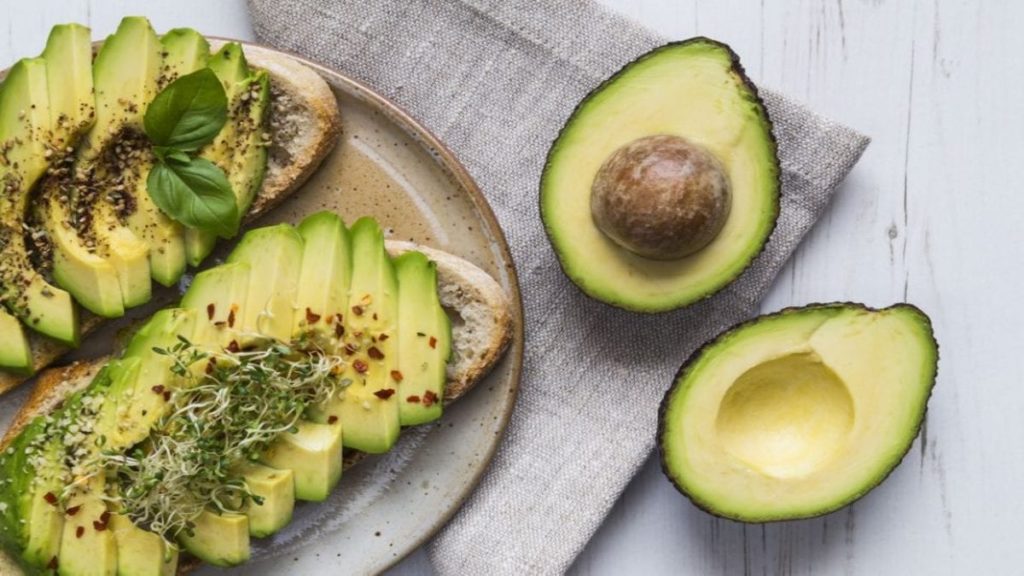Avocados and a “lack of British chefs in the kitchens” get the goat of out-of-touch British peers just as Norman Fowler calls for their numbers to be cut
This morning, the Mirror revealed that “pampered peers” in the House of Lords have spent 2020 complaining about the quality of avocados just as, in a year when the country teeters on bankruptcy, the taxpayer has propped up their loss-making dining rooms and bars to the tune of nearly £2 million in subsidies.
Of this news, at a time when Marcus Rashford has shamed the government over its meanness towards providing free meals for poor school children, Liberal Democrat Home Affairs spokesman Alistair Carmichael told the paper:
“Boris Johnson stuffing the House of Lords with his dodgy mates is clearly having its effect.”
“Instead of playing at Downton Abbey, these peers should be looking beyond their own dinner plate and address the real problems people across the country are facing.
Shockingly paid £305 plus travel expenses for each and every day they attend, yet charged just £3.70 for a full English breakfast, peers also “griped” about the halting of the sale of alcohol of the Parliamentary Estate due to coronavirus restrictions. One even whinged that “there were not enough British chefs in the kitchens.”
Elsewhere, last week, Lord Fowler, the lord speaker of the House of Lords, quite rightly argued in the Guardian that “there are too many lords” and remarked on Boris Johnson adding another 52 peers during 2020.
He questioned the sense of the resulting total number of 830 – “despite a cross-party agreement three years ago that numbers should over time be reduced to 600” – and questioned the fact the Lords is almost 200 larger in number than the Commons “and far in excess of what needed to transact its business.”
Going further and wading into the row over the disgraceful appointment of the “cash-for-access” tainted Tory donor Peter Cruddas by Johnson “in defiance of advice from the Lords Appointments Commission,” Fowler remarked:
“As we have just seen, its recommendations can be overridden by No 10. The result is that a prime minister has the power on his or her own to add peers to a house of parliament that can make and, within limits, unmake laws. Is this what the public expect in the third decade of the 21st century?”
“When making appointments it has become obvious that governments wish to avoid parliamentary scrutiny. Both of the initial announcements of new peerages in the last 12 months have been made when parliament has not been sitting. It simply adds to the impression that the choice of peers is the exclusive preserve of No 10 – and the less publicity the better. This may be fine for the government’s public relations team: whether it is fine for parliament is another matter.”
Facebook: @TheSteepleTimes
Instagram: @TheSteepleTimes
Twitter: @SteepleTimes
